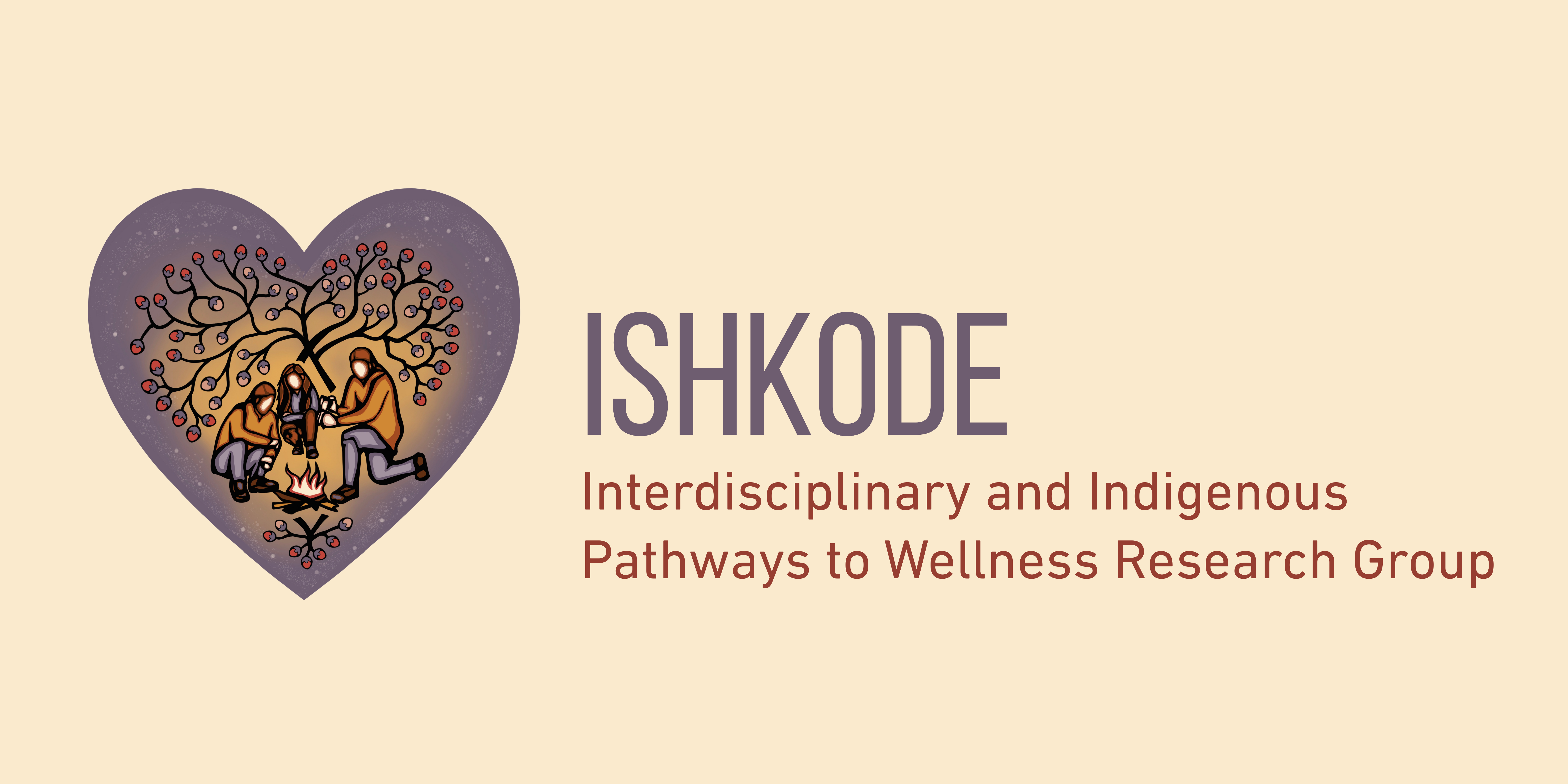We use cookies on this site to enhance your experience.
By selecting “Accept” and continuing to use this website, you consent to the use of cookies.

This project, entitled IndWisdom, supports the resurgence and assertion of Indigenous Ways of Knowing, Being, and Doing in research contexts. The ultimate goal is to bring Indigenous knowledge systems into the academy to transform the way people access, view, and value Indigenous Knowledge. This project looks at how and why Inedigenous Knowledge is included in research to the benefit of Indigenous peoples. Indigenous Knowledges are relevant, valuable, scientific, sacred and historical – and also frequently misunderstood, misused, or oversimplified in Western research contexts. The team working on this project supports the resurgence and assertion of Indigenous ways of knowing, being, and doing in research contexts and hopes to transform the way academic institutions train future researchers.
Project website: https://sites.google.com/view/indwisdom/home
Funder: New Frontier for Research Fund - Exploration
Mushuau and Sheshatshiu Innu have always lived by Innu laws, values, and principles that have been passed on through oral traditions. Colonization replaced and penalized Innu ways of knowing, being, and doing – using written policies to justify and mobilize actions. This project will articulate an Innu-specific framework (a guide) that will be used to write policies – policies that uphold Innu values, principles, and protocols to guide day-to-day actions and decisions (across programs, supports, services). This project will lay the foundation needed to select and train local members to develop and write policies for our own communities.
Funder: SSHRC Insight Development GrantThe New Brunswick FASD study examines people’s knowledge, attitudes, and practices associated with alcohol, pregnancy, and fetal alcohol spectrum disorder (FASD) across New Brunswick. The NB FASD Centre of Excellence is the primary knowledge user that is well-situated and resourced to use evidence from this study to identify priorities and incorporate changes/initiatives to their work, based on the findings. This study targets 1) health professionals, 2) educators, 3) justice/correctional system workers, 4) social service and child welfare workers, and 5) community organizational staff.
Funder: Mostly in-kind contributions, Canada Research Chair Program, New Brunswick FASD Centre of Excellence staff time, Regional Service Commission, and Community Capacity Regional Resiliency
There are current efforts to develop a Canadian Child Welfare Information System (CCWIS). Through this study, we aim to understand the processes and contextual conditions which generate administrative child welfare data. This study will reveal potential strengths, limitations, and sources of bias that can be accounted for during quantitative analysis and interpretation of a forthcoming national CCWIS. The findings can help support the transparent use of administrative data, and guide data quality improvement initiatives.
Funder: Public Health Agency of CanadaContact Us:
E:
Dr. Melody Morton Ninomiya, Associate Professor
T:
519.889.4446
Office Location: BA546
E:
Nicole Burns, Project Coordinator
Office Location: BA303F